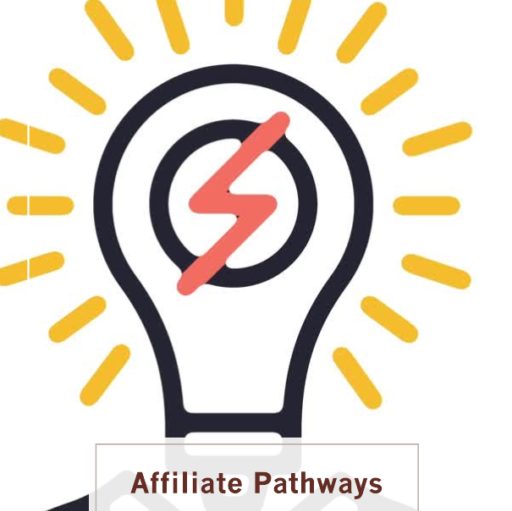
Affiliate marketing is the direct result of what we today call e-commerce. Thus to understand affiliate marketing is to understand e-commerce.
The name William J. Tobin is inextricably linked to affiliate marketing. It would be no exaggeration to state that Tobin is the father of affiliate marketing. In 1994 Tobin launched what we would call a website or platform today, actually an electronic sales outlet for his concept company, PC Flowers and Gifts, which marketed (you guessed it) flowers and gifts to customers who wanted to send these to their loved ones. Technology and commerce converged in a powerful synergy and paved the way for the e-commerce that we now take for granted. Tobin recruited a small army of other businesses for promoting his business. In order to attribute the sales to them on which they would earn a commission, Tobin developed a mechanism, the link, which eventually became an integral part of affiliate marketing.
Tobin’s innovations, which had a profound effect on both the economy and society, was a largely technologically driven transformation. If technology became the new mechanism, data became the new currency. With data in hand even the most novice of business owners could make accurate, well-informed decisions. There was no loner any room for intuition or guesswork. In turn, it made e-commerce and affiliate marketing a scalable enterprise that could respond rapidly to changing situations without affecting the bottom line. In fact, scalability improved the bottom line dramatically.
Unsurprisingly, the tech savvy took to e-commerce like the proverbial fish to water. In particular, it attracted the millennials, unprepared to accept an anchored existence as earlier generations had. Millennials cherished permanence far less than impermanence, even replacing the latter with the former. The gig economy became inevitable, thereafter.
Affiliate marketing which started with Tobin’s efforts to fell flowers and gifts made it necessary for other actors to enter into this economy: content creators; app developers; data analysts; lead generators. These are the sub-specialisations, the by-products of affiliate marketing that make it possible.
If we want to understand where affiliate marketing is going, then we need to ask where the technology is going. Two recent innovations, AI and quantum computing, could transform it further. Along with the use of blockchain, another innovation linked to digital technology, they could transform affiliate marketing further, we cannot say in what ways. However, considering how AI is being adopted by companies such as Google and Amazon, it may be a matter of time before these become part of affiliate marketing. We already have cutting edge keyword research companies — Jaaxy, for instance. Imagine how much faster, more accurate they could become with quantum computing chugging away in the background — if it is not already underway.
Affiliate marketing is linked to products. The new technologies could also give rise new products we cannot even dream of yet. This will mean that the range of products will increase and with it the opportunities to market them. We can expect that the affiliate marketing industry will become the early adopters thus positioning themselves advantageously in advance.
